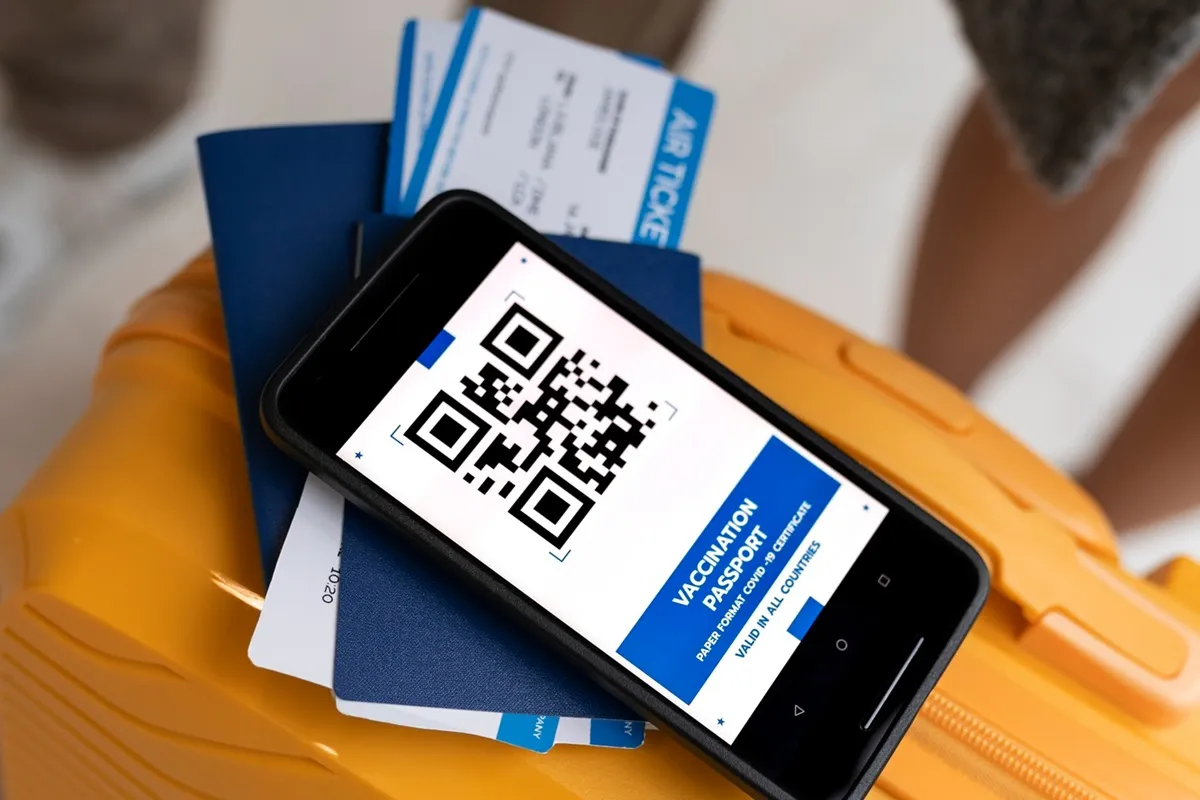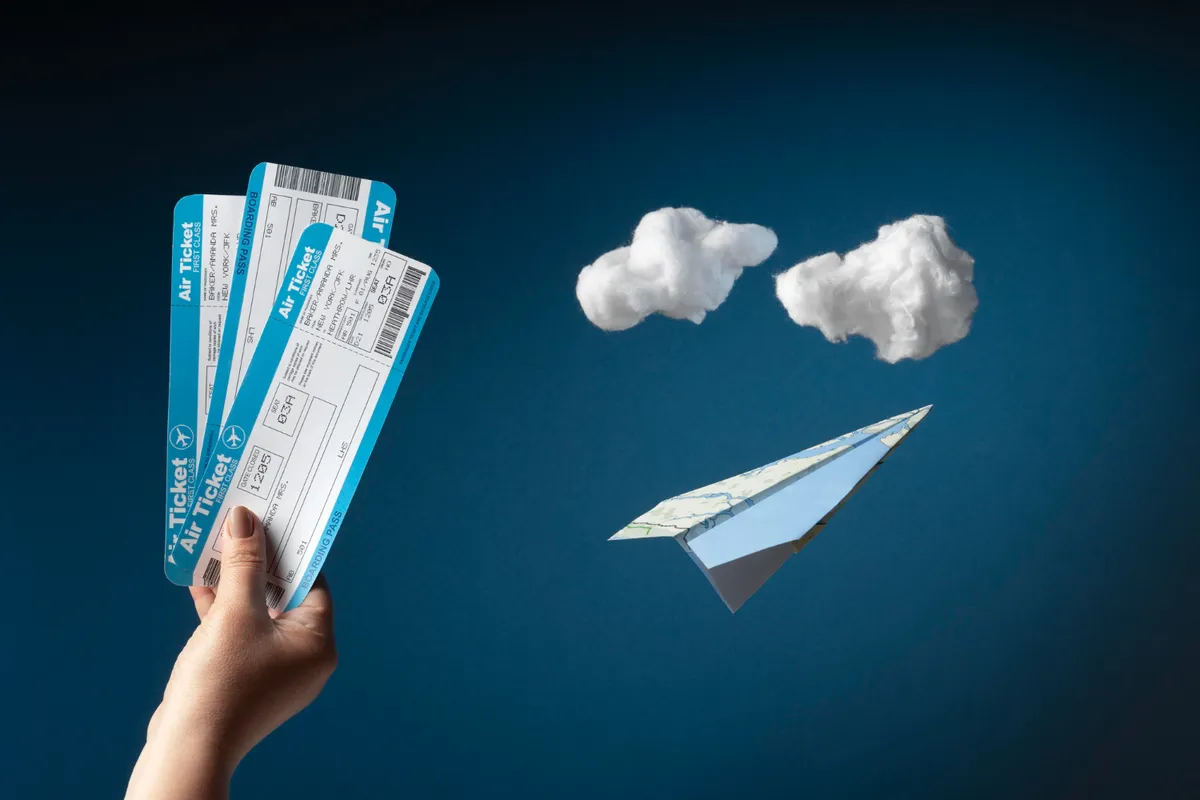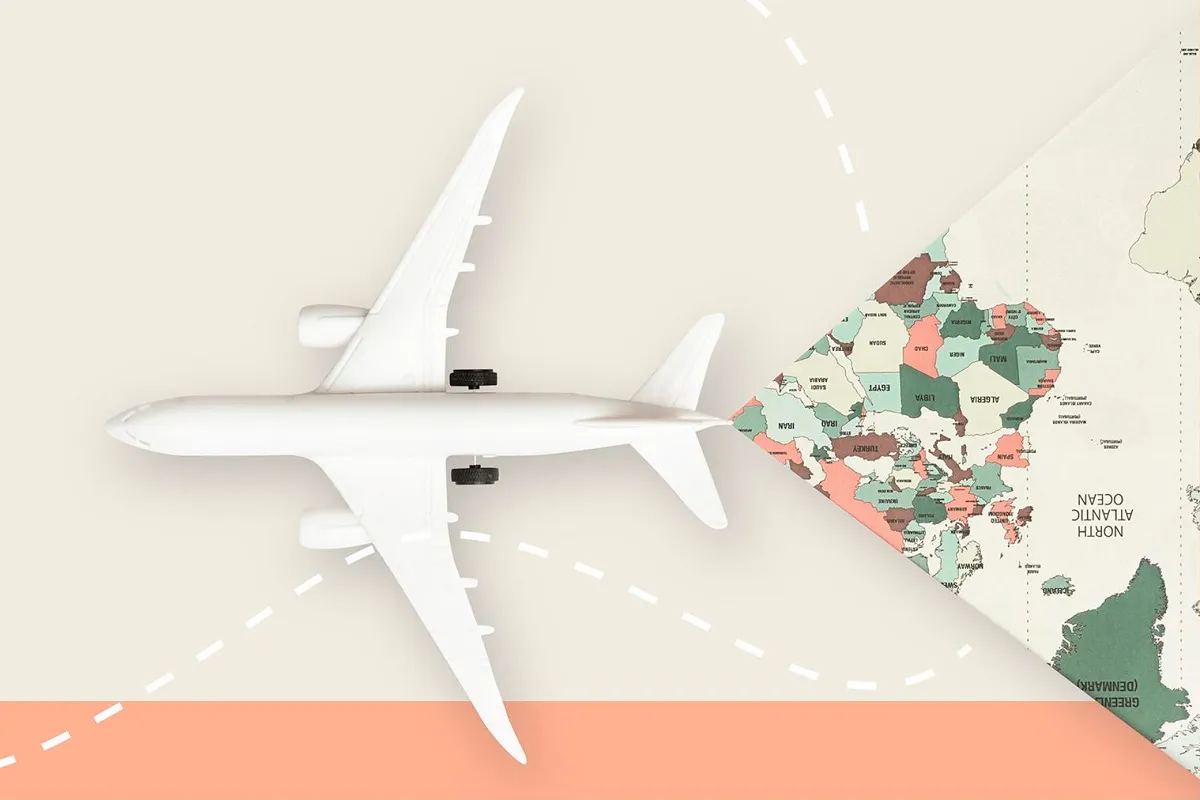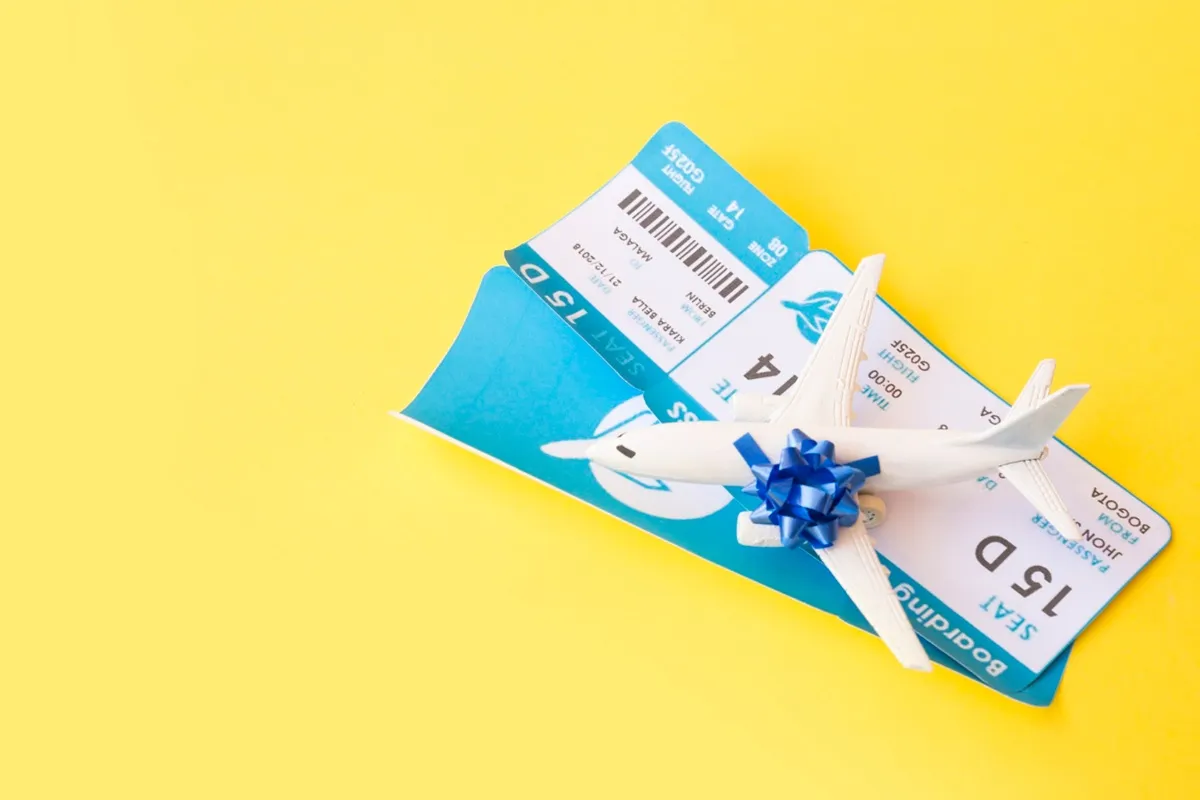The air travel industry is undergoing a significant transformation, driven by rapid advancements in technology. From booking your flights to the moment you step off the plane, technology is streamlining processes, enhancing customer experiences, and even reshaping the business models of airlines.
Here’s how the future of air ticketing is being shaped by technological innovations:
Artificial Intelligence (AI) and Machine Learning
AI is revolutionizing the way we plan and book air travel. Airlines and travel platforms are increasingly using AI to offer personalized recommendations, optimize pricing strategies, and manage customer interactions through chatbots and virtual assistants.
These technologies not only improve the booking experience but also help airlines operate more efficiently by predicting customer behavior and managing resources more effectively.
Blockchain Technology
Blockchain is emerging as a game-changer in air ticketing by providing a secure, transparent, and decentralized platform for transactions.
This technology can help eliminate fraud, reduce transaction fees, and streamline the booking process by enabling direct interactions between airlines and customers without the need for intermediaries.
Biometric Verification and Digital Identity
Biometric technologies like facial recognition, fingerprint scanning, and retina scans are increasingly being integrated into the air travel experience.
hese technologies allow for quicker and more secure passenger verification, reducing the time spent in check-in lines and improving overall security at airports.
Digital identities stored on blockchain could further simplify the travel process by allowing seamless and secure verification across borders.
Internet of Things (IoT)
IoT is playing a crucial role in enhancing the passenger experience by enabling smart devices to communicate with each other.
For example, connected luggage that can be tracked in real-time, smart airports that adapt to passenger flow, and personalized in-flight services are just a few of the ways IoT is transforming air travel. This interconnected ecosystem is making journeys smoother and more enjoyable for travelers.
Virtual and Augmented Reality
Virtual Reality (VR) and Augmented Reality (AR) are creating new ways for passengers to experience air travel.
From previewing destinations before booking a ticket to using AR for navigation within airports, these technologies are making travel more interactive and engaging.
In-flight, AR could be used to provide personalized entertainment or information about the places you’re flying over.
Mobile Technology and Apps
Mobile apps continue to be central to the air travel experience. They are not only used for booking flights but also for managing all aspects of the journey, from check-in to boarding passes to in-flight services.
Wellness Retreats: Top Destinations for a Mindful Getaway
Mobile technology is making it possible for travelers to have a fully digital, paperless experience, which is both convenient and eco-friendly.
Sustainable Travel Initiatives
With growing awareness of the environmental impact of air travel, technology is also being used to promote more sustainable practices.
Airlines are increasingly offering carbon offsetting options, and new aircraft technologies are being developed to reduce emissions. Electric planes and more efficient engines are on the horizon, promising to make air travel greener in the near future.
Conclusion
As technology continues to evolve, the air ticketing process will become even more seamless, personalized, and efficient.
From AI-driven booking platforms to blockchain-secured transactions and biometric verification, the future of air travel looks set to offer passengers a faster, safer, and more sustainable experience.
For businesses in the travel industry, staying ahead of these technological trends will be crucial to maintaining competitiveness in an increasingly digital world.




